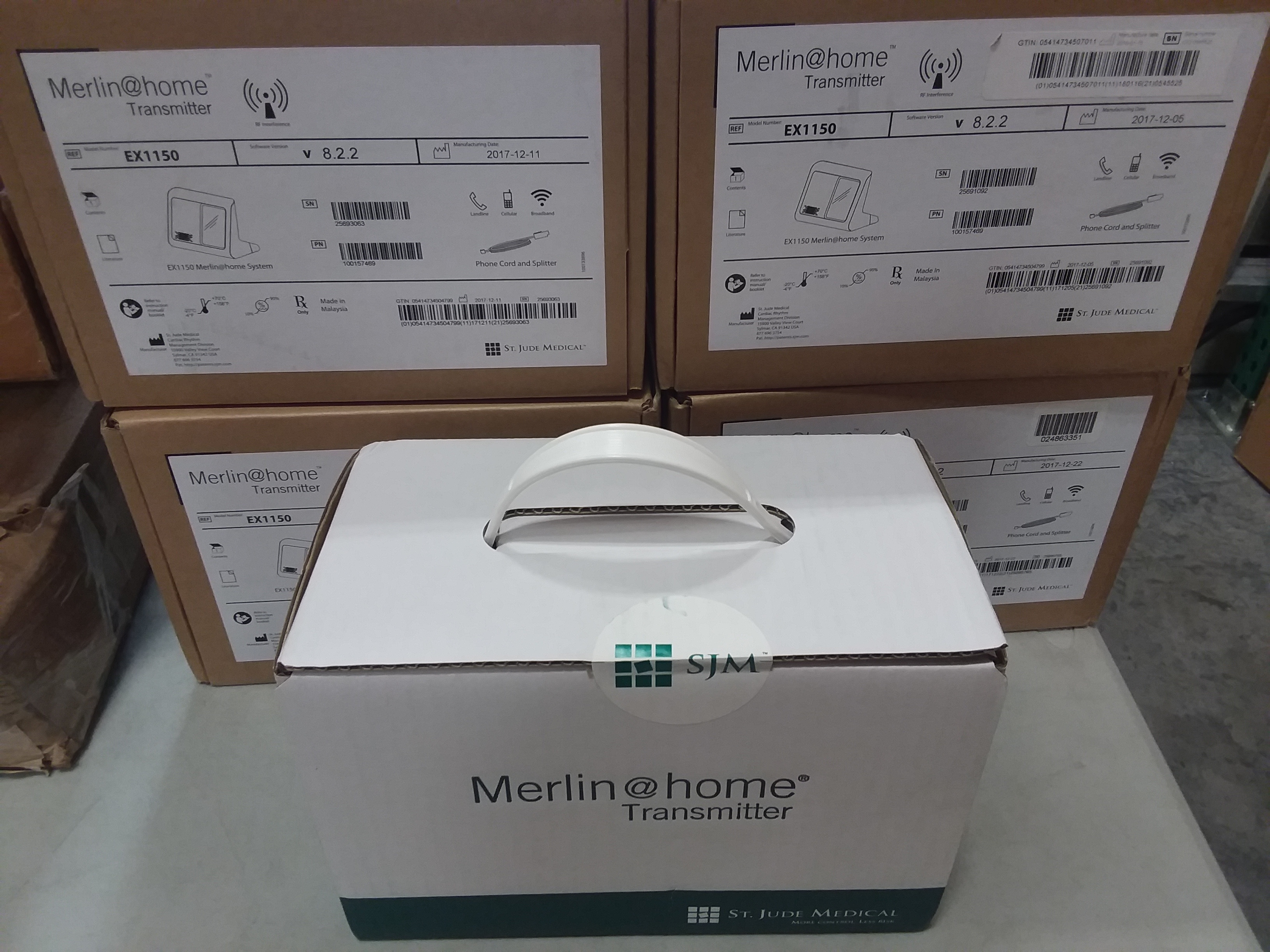Merlinhome Transmitter Wifi

The Merlin.net™ Patient Care Network and Merlin@home™ transmitter work. Through a landline or via the Wireless USB Adapter) and transmit your device.
Published 8:36 PM EST Jan 28, 2017 Presently more than 12 billion devices are part of the Internet of Things, and this number is expected to grow to 50 billion by 2020. Suno gaur se duniya walo karaoke free download. The range of these products is tremendous and includes such diverse items as cars, refrigerators, televisions, fitness bands, webcams, toys and even medical devices. There are many benefits to having Internet-connected medical devices. They can monitor patients and transmit important data about them doctors.
They also can provide remote control of medical devices such as pacemakers. Adjusting these devices through the Internet of Things can avoid additional surgeries or other procedures that carry the risk of infection. Thinkstock But remote control of such a sensitive piece of equipment can be a detriment.

Anything connected to the Internet potentially is at risk of hacking — and when the device being hacked is a medical device, the risk could be fatal. In 2007, then-Vice President Dick Cheney was so concerned about the danger posed by his pacemaker being connected to the Internet that he had its Internet connection disabled. In September 2015, the FBI issued a warning stating “Once criminals have breached such devices, they have access to any personal or medical information stored on the devices and can possibly change the coding controlling the dispensing of medicines or health data collection.” These devices could also be susceptible to extortion through ransomware where hackers could threaten to manipulate the medical device unless a ransom is immediately paid. In 2014 the Food and Drug Administration (FDA) first drafted guidelines for building enhanced cybersecurity into the design and development of Internet connected medical devices.
Recently the FDA released new recommendations, a year in the making, that deal with maintaining the cybersecurity of medical devices after the devices have entered the marketplace. It is important to note that these are merely recommendations and not enforceable regulations.
Recently, the FDA issued a warning that various implantable cardiac devices, such as pacemakers and defibrillators made by St. Jude Medical are vulnerable to being hacked. It should be noted, however, that there are no reports of anyone having being harmed by these identified vulnerabilities.
Fortunately, a security patch has been developed for connected through St. Jude Medcal’s Merlin@home transmitter. The security software patch is automatically downloaded to those people using devices connected to the Merlin@home transmitter. The FDA advises users of affected St. Jude Medical devices to make sure that their devices are connected to this transmitter at all times so that they will receive this and any future security updates.
Adobe acrobat free download. More than two million medical students, doctors and other health professionals around the globe have owned a copy of Davidson’s Medicine since it was first published.
In an interesting twist, the security vulnerabilities in the implantable cardiac devices of St. Jude Medical were first identified and made public by a research and securities trading firm, Muddy Waters Capital, which had shorted the stock of St. Jude Medical. Shorting a stock is an investment strategy by which the trader profits when the price of a stock goes down, as happened in this case. Initially, St. Jude Medical denied that its products were defective and even sued for defamation.
In the past, security researchers often called White Hat Hackers would identify cybersecurity flaws and present their findings to the companies before going public. This was what was famously done by White Hat Hackers Charlie Miller and Chris Valasek when they hacked into and took control of a Jeep Grand Cherokee by exploiting cybersecurity flaws in 2015. Some have questioned the ethics of Muddy Waters profiting from identifying the vulnerabilities in the St. Jude Medical implantable cardiac devices, but there are no laws preventing this, and it does not qualify as insider trading. Even so, some say that actions such as this will compel companies to make a greater effort to provide increased cybersecurity. Meanwhile, as medical device manufacturers and the FDA continue to work on security standards for Internet-connected medical devices, what can you to protect yourself? The most important thing you can do is find out what information is stored on your device and how it is accessed.
Also, learn about the use of password protection for your medical device and make sure that your device is not still using an easily accessible default password. Find out from the manufacturer what steps it is taking to protect your device from being hacked.
If your device uses an open WiFi connection, you should change it to operate exclusively on a home network with a secured WiFi router. If your device is capable of transmitting data, make sure that the transmissions are encrypted. Steve Weisman, an expert in preventing cyberscams and identity theft, is a lawyer and professor at Bentley University. He writes the blog scamicide.com, where he provides daily update information about the latest scams. His new book is Identity Theft Alert.